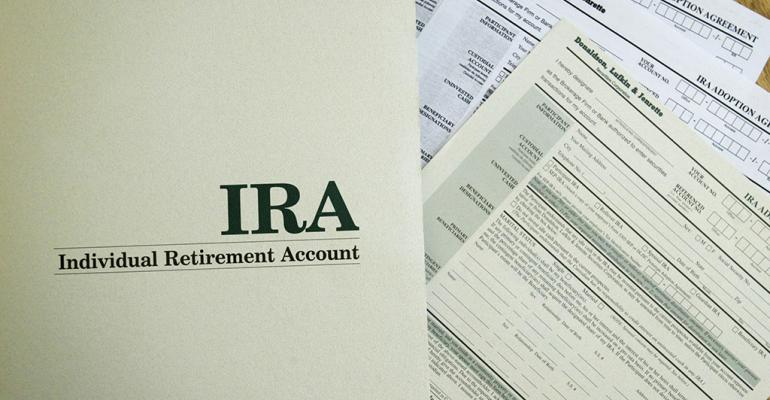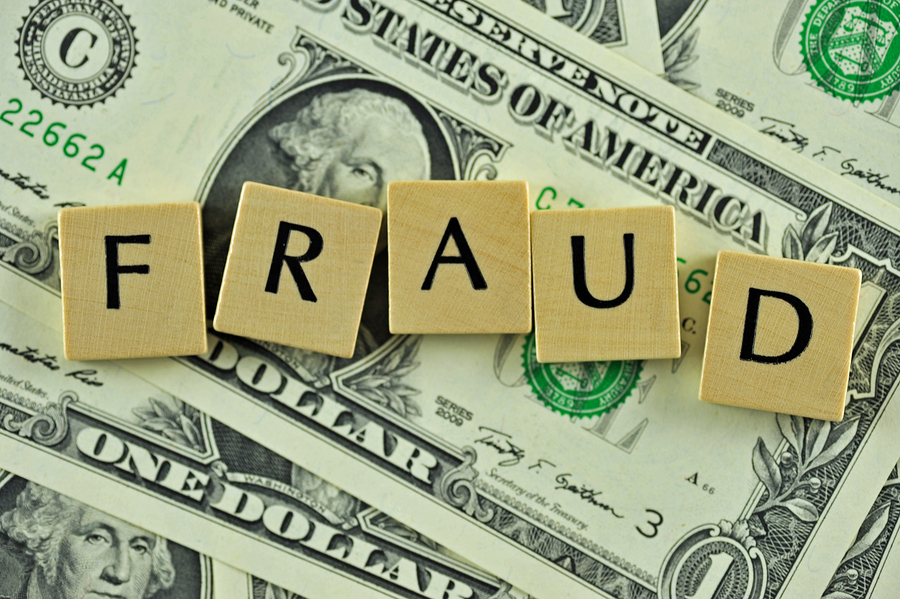Enhanced Protection for Your IRA
Many people think that IRAs are protected from civil creditors and the IRS… many people are wrong. Here’s how to get enhanced protection for your IRA and take control of your investments.
IRA assets are protected to varying degrees by each of the states and under the federal bankruptcy law. In order to secure 100% protection from all creditors and the IRS, you need an enhanced protection plan for your IRA. Remove your retirement account from the United States and get it away from US judges and creditors.
First, let’s look at what protection your IRA has. I’ll focus on California here, knowing that many states have similar rules.
In California, 401(k)s and profit-sharing plans are protected from civil creditors but not the IRS. IRAs are not as protected as 401(k)s because they are not covered by federal statutes. Therefore, a civil creditor’s ability to get your retirement account in California will depend on what type of account you have and how much you have in it.
401(k) accounts have better protection is because federal law prohibits civil creditors from going after pension plans that were set up under the Employee Retirement Income Security Act (ERISA). Examples of ERISA-qualified pension plans and benefit plans:
- 401(K) accounts
- pension and profit-sharing plans
- group health and life insurance plans
- dental and vision plans, and
- HRAs, HSAs, and accidental death or disability plans
Plans not covered by ERISA include IRAs, Roth IRAs, SEPs, and SIMPLE IRAs. These are covered by state law only, which offers far less protection than federal law.
California protects only that portion of your IRA which a judge believes you need to survive. This is the amount necessary for the support of you and your dependents at the time you retire. Yes, standard of living you’ll be allowed in your old age is at the discretion of the judge.
In deciding how much to “allow” you to keep from your IRA, the judge will consider the following questions:
- Do you need the retirement funds now, and if so, how much?
- Will you be able to replenish your retirement account if it’s awarded to a creditor?
Bottom line is, if you have a job and are under age 65, the court is likely to take all of your retirement savings. If you’re retired and in poor health, they’ll leave you enough to support yourself… not necessarily enough to maintain your current standard of living, but enough to keep you alive (think welfare recipient lifestyle without all of the Obama benefits).
Keep in mind that none of these plans are protected from IRS levy!
The most efficient way to enhance the protection of your IRA is to move it offshore. Get your retirement account away from US judges while maintaining the tax benefits. Take it offshore and out of the reach of future civil creditors and IRS levy.
It’s important to note that your IRA will retain its tax deferred (traditional) or tax free (ROTH) status. So long as you follow the rules, you can invest your IRA as you see fit, which includes offshore. The fact that this enhances your protection is a side benefit of investing abroad, not the sole motivating factor.
Here’s how to take your IRA offshore…
We first move your account from your current custodian to one that allows for international investments. Most custodians, such as Vanguard, Fidelity, and Chase don’t allow foreign investments. They want you to buy their bonds and those products on which they earn the highest commission. When you go offshore, your custodian gets no commission and has no control over your investments.
Note that changing custodians is done by transferring your account. It doesn’t involve a roll over and has no limitations.
Next, we form an offshore LLC in a max security jurisdiction like Cook Islands, Belize, Nevis, etc. This LLC is owned by your retirement account and you’re named as the manager of this company.
Then the LLC opens an offshore bank account and your custodian invests your account into the LLC by transferring cash to this foreign bank account. You’re the signer on the account and the one in control over all transfers and investments originating from it. That is to say, you have checkbook control over your IRA once it’s in an offshore LLC.
Tip: The IRS can levy your foreign account if your bank has a branch in the United States. For this reason, I recommend international banks that don’t have branches in the US.
Once your IRA is offshore, it’s your responsibility to manage the money for the benefit of your account, just as a professional advisor would (or should) do. This means you can’t borrow against it, use it for your personal expenses, buy home and live in it, etc.
You’ll find that the rules around offshore LLCs are simple. So long as you transact at arm’s length and act in the best interest of your IRA, you’ll stay out of trouble.
I hope you’ve found this article on how to enhance the protection of your IRA by moving it offshore to be helpful. For more information, and assistance in taking your retirement account offshore, please contact me at info@premieroffshore.com or call us at (619) 483-1708 for confidential consultation.












Leave a Reply
Want to join the discussion?Feel free to contribute!